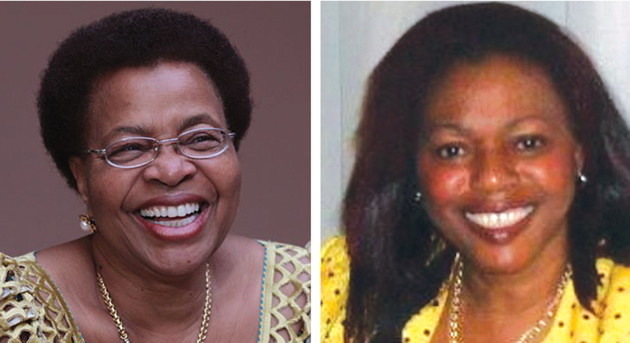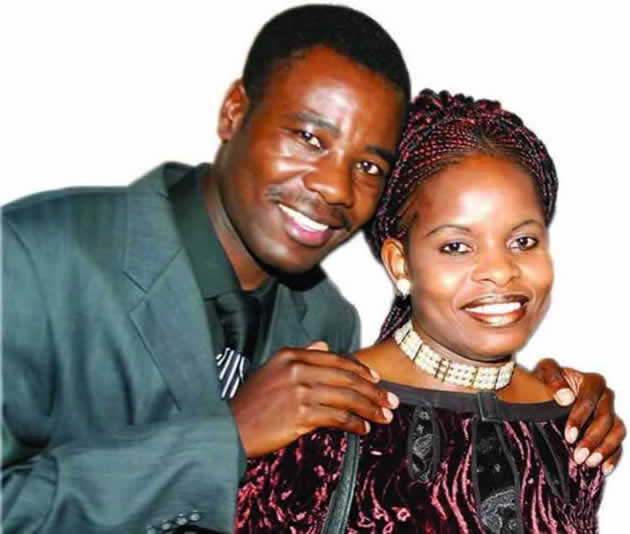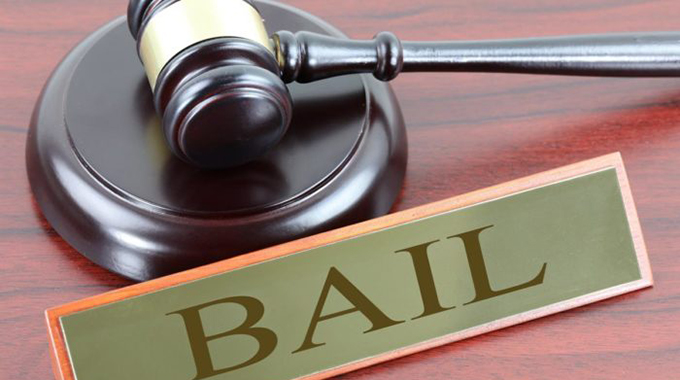Judges’ public interviews hailed


Judicial Service Commission members, Chief Justice Godfrey Chidyausiku flanked by Deputy Chief Justice Luke Malaba and Judge President George Chiweshe and Chief Magistrate Mishrod Guvamombe (left) and below Justice Rita Makarau and Human Rights consultant Richard Makoni, follow proceedings during interviews for aspiring Supreme Court judges in Harare. — (Picture by Justin Mutenda)
Fidelis Munyoro Chief Court Reporter
The holding of public interviews to fill vacancies on the Supreme Court bench under the new Constitutional arrangement has been hailed as a milestone in promoting constitutionalism and transparency in the appointment of people into public office.
Only three vacancies are available and 10 judges, eight from the High Court and two from the Labour Court, demonstrated interest in being appointed to the superior court.
Some judges came out of the interviews feeling high, while others would want to quickly forget the day because of their dismal performance.
Many people lauded the process, saying it provided the public an opportunity to have insights into the candidates contesting for the three available posts at the Supreme Court.
Lawyer Ms Beatrice Mtetwa said: “It is good for the public because they can see for themselves the need to have an open process like this.
“So, this is a very good process if at the end of the day the best men and women will be elevated to the court of final appeal in the land.”
Another lawyer Mr Davison Kanokanga, described the occasion as momentous in the history of the country and legal profession.
“I am impressed with some judges who demonstrated that they are ripe for appointment as Supreme Court judges,” he said. “I took the day to come and witness the historical occasion. I enjoyed the day. A few judges impressed me in terms of how they answered questions and how they conducted themselves as judges.” Mr Tendai Toto, also a lawyer, said: “I followed the proceedings from morning. I am quite satisfied that the process was fair and the interviewees’ response to questions depends with the way one articulates the questions and competence displayed in terms of the public office.”
Mrs Priscilla Munagati-Munongwa said the questions put to the interviewees were all-encompassing and they were tough but befitting for one aspiring to be in the office of a judge of the Supreme Court.
Mr Addington Chinake of Kantor and Immerman law firm said: “It is a refreshing approach to judicial appointments and it’s in keeping with the new Constitution and new dispensation.
“It’s been a great start, we congratulate the candidates and the judicial services commission. We look forward to the outcome and similar events in due course.”









Comments